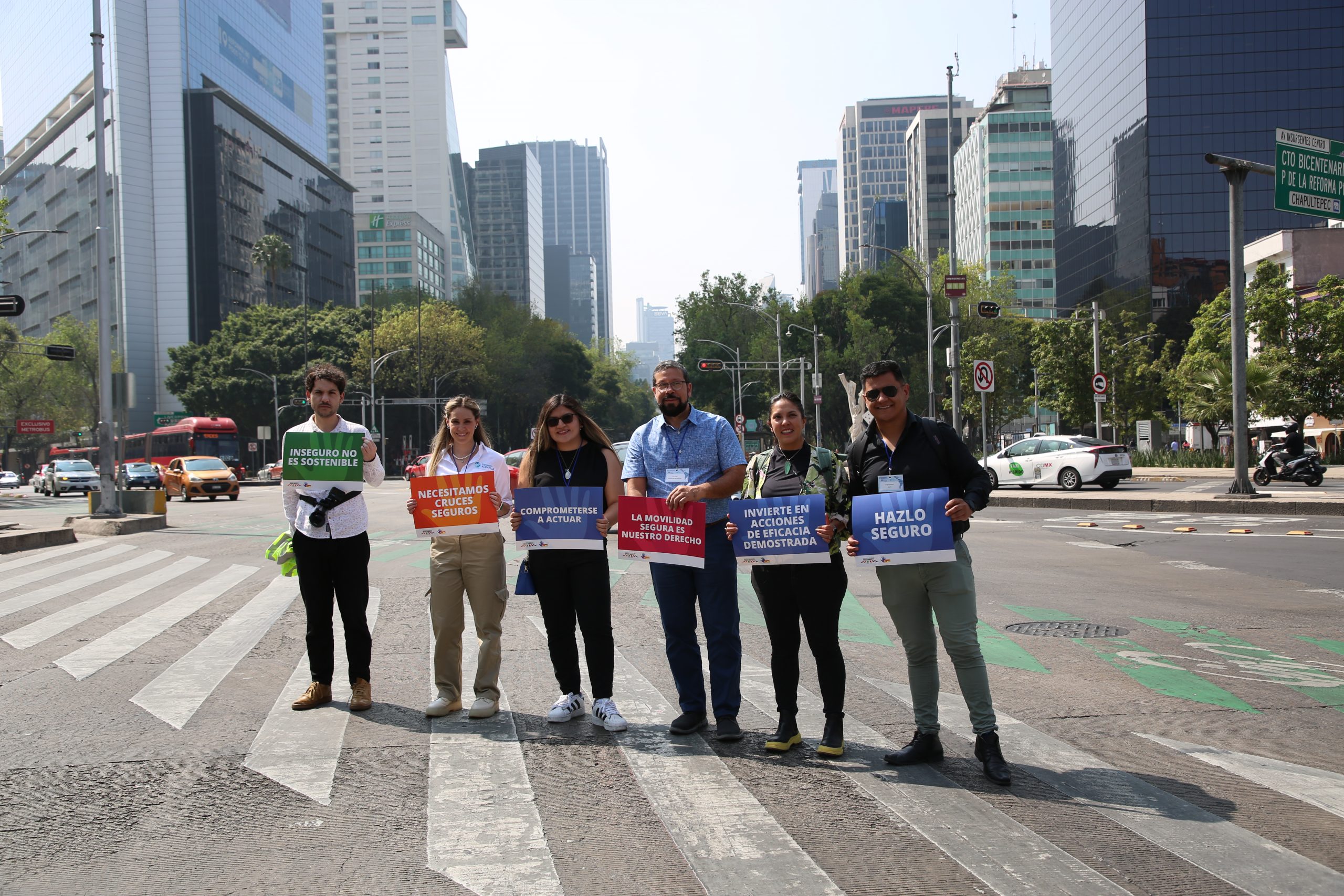
A strong and independent NGO movement is essential to achieving the targets set by the Global Plan for the Decade of Action for Road Safety to halve road deaths and injuries by 2030. Yet, too often, NGOs face environments that restrict rather than enable their work. The Alliance’s research on the Assessment of the enabling environment for road safety civil society organizations in three sub-Saharan African countries, highlights how political, legal, and institutional barriers limit NGOs’ ability to engage governments and hold them accountable. Without change, these barriers jeopardize the shared ambition to halve road deaths and injuries by 2030.
The research, supported by UK Aid under the Multidonor Trust Fund Phase 3 of the Global Road Safety Facility (GRSF), shows that meaningful NGO participation requires more than a seat at the table. It depends on trust, open dialogue, recognition, and the ability of NGOs to operate without fear of harassment or suppression. Where these conditions are absent, the space for advocacy shrinks, and road safety loses ground.
From Latin America, NGO experiences remind us of what is at stake. In Venezuela, Lilian Romero of Alliance member ASOTRÁNSITOshared that “advocating for safe roads here is not just about data and policy but comes with personal risk. Political harassment has obstructed our ability to campaign, silenced some of our initiatives, and made collaboration with authorities almost impossible. Yet we persist, because lives are at stake.”
In Argentina, civil society has faced a different but equally damaging challenge: the elimination of dedicated road safety institutions. As María Cristina Isoba of Alliance member Luchemos por la Vida described, “On July 7, the government dissolved Argentina’s National Road Authority and Road Safety Agency, suspending most of their responsibilities. Although Congress later overturned the decree, the Road Safety Agency remains inactive, limiting accountability and the effective use of resources to prevent road deaths. This uncertainty delays progress on national road safety policy.”
These are signs of scaling back, not moving forward with urgency. When NGOs are silenced or road safety institutions dismantled, it is not just the organizations that suffer, but also families and communities do, losing loved ones on unsafe roads.
The Alliance continues to support our members across Latin America and other regions facing similar challenges, by creating frameworks and opportunities for governments and NGOs to meaningfully engage with their governments such as the Good Practice Guide: Meaningful NGO Participation, the Enabling Environment and Framework designed to initiate discussion between government and NGOs working in road safety, and the Alliance booth at the 4th Ministerial Conference for Road Safety.
At the booth, we showcased the diverse realities faced by road users worldwide, including a ‘touch-and-feel’ display of nonstandard helmets brought by members, the interactive Mobility Snapshot map, and short realities sessions where members shared their lived experiences and advocacy. This space created a unique platform for members to engage directly with their governments and highlight the urgency of evidence-based action. Our members said “[The booth] was the beginning of our engagement with our minister” – Alliance member from Africa; and “NGOs brought issues that are invisible in society, evidence, and work as catalysts to achieve goals by the government” – Alliance member from Asia.
NGOs alone cannot create an environment for meaningful engagement with governments. As our research showed, creating an enabling environment must be a two-way regular conversation. Governments must recognize NGOs’ roles; both parties need to actively participate in building a meaningful relationship towards the shared global goals. As we near the midpoint of the Decade of Action for Road Safety, strengthening NGOs is not optional, but vital. Every barrier removed is another step toward accountability, progress, and lives saved.